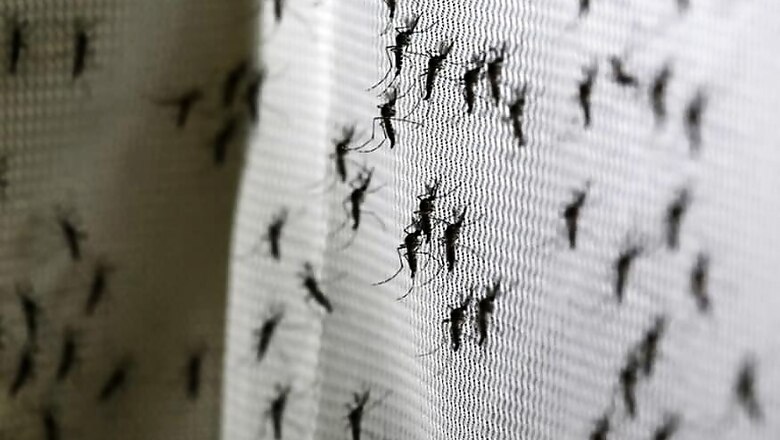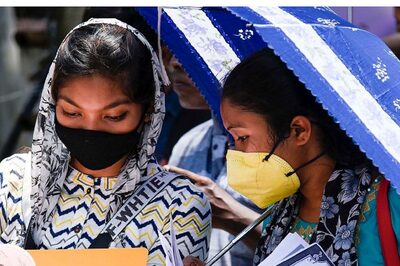
views
The district health department of Indore has once again released an advisory for the people to control breeding of mosquitoes on Wednesday. This comes after the failure to control the spread of dengue, a mosquito borne disease, in the city.
According to the World Health Organisation (WHO), dengue is caused by a virus of the Flaviviridae family and there are 4 distinct, but closely related, serotypes of the virus that cause dengue (DEN-1, DEN-2, DEN-3 and DEN-4). Recovery from infection by one provides lifelong immunity against that particular serotype.
In accordance to a report by Free Press Journal, as many as 170 patients have tested dengue positive so far, including three new cases identified on Tuesday. A fatal case of a 38-year-old from Bhanwarkuan region has also emerged.
As the number of dengue cases has massively increased in Indore in the past one month, the situation seems to have gone worse. Hospitals are seeing steady stream of patients suffering from dengue, malaria and fever. Chief medical and health officer Dr Pravin Jadia told the news organisation that despite the activities of the health department, public support is equally important to control the vector-borne diseases.
“Along with taking care of water stored in their surroundings, people should also use mosquito repellents and avoid mosquito bites by wearing full-sleeved clothes,” he said. Dr Jadia further added that old people, pregnant women and children are prone to disease due to weak immunity.
Surprised after the discovery of dengue mosquito larvae in the houses of policemen, doctors, engineers, he said that it reflects negligence of people for taking steps to control the menace.
As per WHO, the Aedes aegypti mosquito is the primary vector of dengue. The virus is transmitted to humans through the bites of infected female mosquitoes. After virus incubation for 4–10 days, an infected mosquito is capable of transmitting the virus for the rest of its life.




















Comments
0 comment